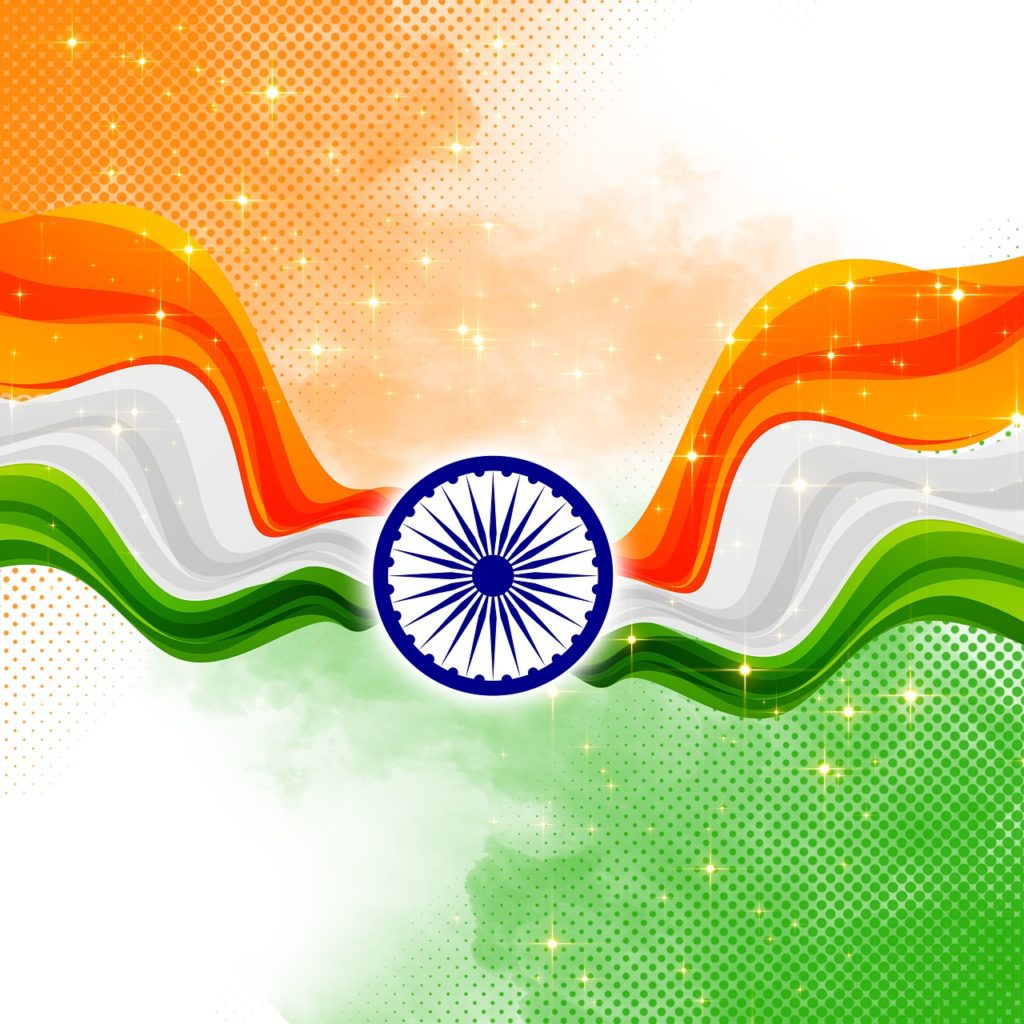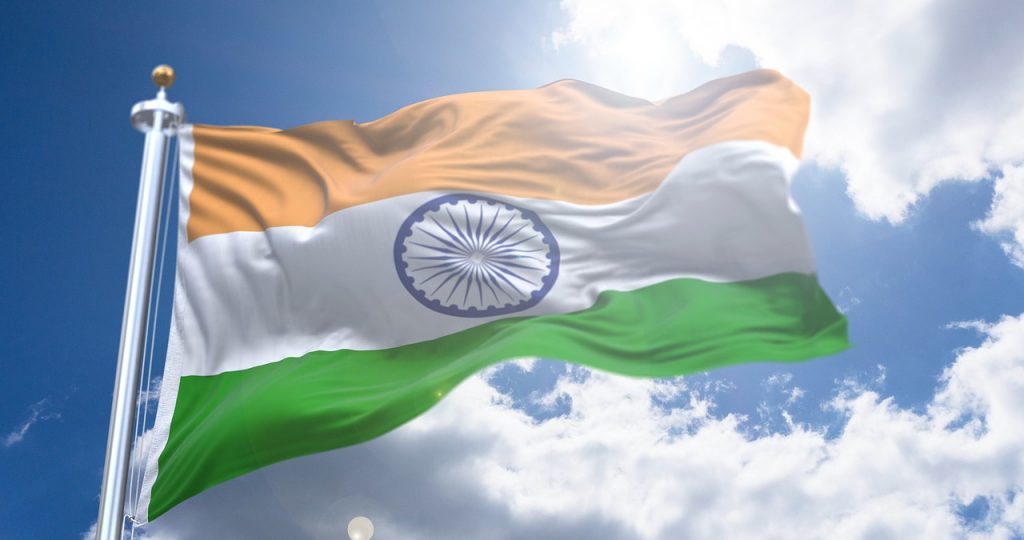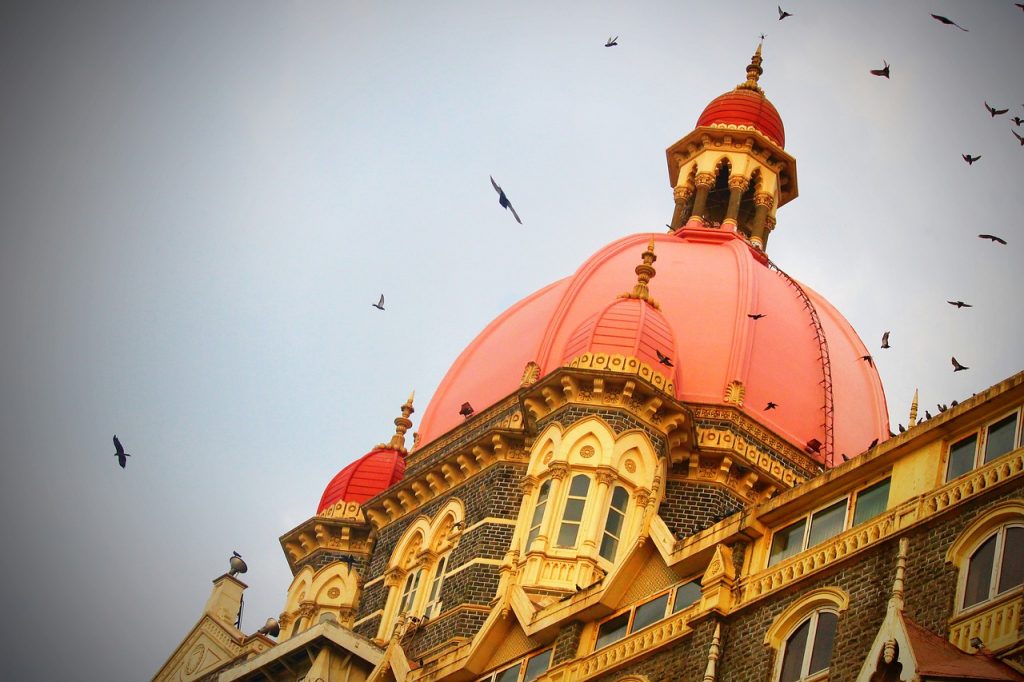Kashmiris on two sides of the Line of Control (LOC) and all over the world, observe the Self Determination Day on January 5 every year. This observance intends to draw world attention to the right to self-determination, which was granted to Kashmir by the United Nations, several years ago. Every year, on January 5, rallies, processions, seminars, and gatherings are organized to emphasize the importance of this day. Kashmiris pledge to continue their struggle to exercise their right to self-determination.
On January 5, 1949, the United Nations Security Council (UNSC) passed a resolution granting Kashmiris the right to decide their own future. It has been more than 70 years since the resolution was passed, yet Kashmiris have been waiting for an opportunity to decide their future by themselves. They observe the Self Determination Day to reiterate that they should have the right to determine their destiny and that, even after UNSC passed the resolution supporting this idea, the Kashmiris have not been granted the right.
In 1948, the UN Security Council passed Resolution 47 that stated that India and Pakistan should withdraw their military forces and arrange for a plebiscite, which would let the people of Kashmir decide the state they wished to join. This resolution was aimed at giving Kashmiris the right to self-determination.
The paradox in this kind of a resolution was that while Article 1 of the UN Charter supports ‘equal rights and self-determination of peoples’, as given in Article 2, the UN is not authorized to interfere in matters that are under the state’s jurisdiction. This could mean that the UN cannot give the people of Kashmir the right to self-determination, as these people are within a state; moreover, in a state that is already an issue of major conflict between two countries. The other area of conflict is that, though the UN is supportive of self-determination, it also advocates ‘territorial sovereignty’, and granting people the right to self-determination puts territorial sovereignty in question. Furthermore, according to UN’s principle of territorial integrity, the borders of a state cannot be altered without consent of the relevant parties, and this is in direct conflict with the concept of ‘people of a state getting the right of self-determination’.
In reality, the principle of self-determination aims to achieve decolonization, after which the state’s rights to territorial integrity and political autonomy take precedence. Thus, the UN does not actually recognize people’s unilateral efforts to join or break away from a state, which is why the right to self-determination granted to Kashmiris by the UN Security Council, stands in dispute.
Let’s understand the history of UN’s participation in resolving the India-Pakistan conflict over Jammu and Kashmir. During the British rule, some parts of India were princely states, Jammu and Kashmir being one of them. In 1846, the valley of Kashmir was sold by the British East India Company, to Gulab Singh, the Raja of Jammu. While leaving India in 1947, the British partitioned their colony into India and Pakistan in order to pacify feuding supporters of Mahatma Gandhi and Nehru and those of Muhammad Ali Jinnah. Here, the princely states were granted the right to choose the country of accession.
At that time, a majority of the population of Kashmir were Muslims; however, they were not homogenous, and there were some groups that supported India. The then ruler of Kashmir, Hari Singh, had an ambition to achieve independence for Kashmir, hence he delayed his decision to choose the country for accession. When the British had withdrawn, India and Pakistan started waiting for the decision of Kashmir’s ruler. Pakistan used military force to pressurize Hari Singh, who sought India’s help. India refused to support unless he decided to join the state of Kashmir to India. He signed the document in favour of India in October 1947. However, Pakistan continued military operations and defence by India turned difficult due to the cold weather conditions. Seeing this, Nehru decided to take the help of the UN Security Council in resolving the Kashmir dispute. This eventually led to the UN Security Council passing the resolution that gave the people of Kashmir the right to self-determination.
Kashmiris who are supportive of the idea of self-determination think of India as their enemy. They think that despite the resolution passed by an internationally recognized organization, the UN, India has not let Kashmiris exercise their right to self-determination. These Kashmiris are of the view that India has used military force and denied them their fundamental right for more than 70 years. According to these Kashmiris, the revocation of Article 370, which removed the special status earlier granted to Kashmir, was a step detrimental to the freedom of Kashmiris. Due to this step by the Government of India, they have lost the opportunity to decide their future.
The Government of India stands by the view that since the revocation of Article 370, violence and turbulence in the region has decreased, and that this decision has led to the overall development in Jammu and Kashmir. It is a fact that removal of the special status has resulted in the Central Government being able to implement many policies and laws that have improved the economy of J&K. However, Kashmiris of the opposite view maintain that India has been oppressive and has denied them the fundamental right to freedom.
In recent years, Pakistani leaders have blamed the Indian forces of having converted Jammu and Kashmir into the world’s largest militarized zone and appealed to the international community to urge the UN to fulfil its 1949 resolution. The Foreign Minister of Pakistan, Shah Mehmood Qureshi, was quoted saying that the United Nations has supported the realization of the inalienable right to self-determination of Kashmiris and India has been the reason why this right could not be exercised. He had also said that India should allow the UN to investigate the human rights violations in IOJ&K. Pakistan has always expressed its support to the Kashmiris in their struggle to attain their right to self-determination.
The President of Pakistan, Arif Alvi, was quoted saying that the Right to Self-Determination Day was a reminder to the global community that they could not shy away from their responsibility towards the Kashmiri people. Special Assistant to the Prime Minster on Information and Broadcasting, Dr. Firdous Ashiq Awan had remarked that UNSC was being a silent spectator and failing to implement its resolutions passed 70 years ago to grant Kashmiris their right to self-determination.
Every year on January 5, when the Self Determination Day is observed in Kashmir, this sentiment is reiterated through demonstrations, rallies and gatherings held across the region. Support from Pakistan further fuels the thought among Kashmiris that they have been disallowed their fundamental right to freedom. They think it is important to continue their fight to attain this right, as a reminder of which, they observe the Right to Self Determination Day on January 5 every year.
Truth be said, the special status granted to J&K deprived the state of many developmental schemes and fair laws that were implemented elsewhere in India. The step taken by the Government of India to abolish Article 370 has boosted economic growth in Kashmir. The Government, as wrongly perceived by some, is not punishing Kashmiris, but rather prioritizing development in the region by getting global investments and starting new business projects in various sectors such as tourism, handicrafts, agriculture, horticulture, and real-estate, which form the backbone of the economy of Jammu and Kashmir.



